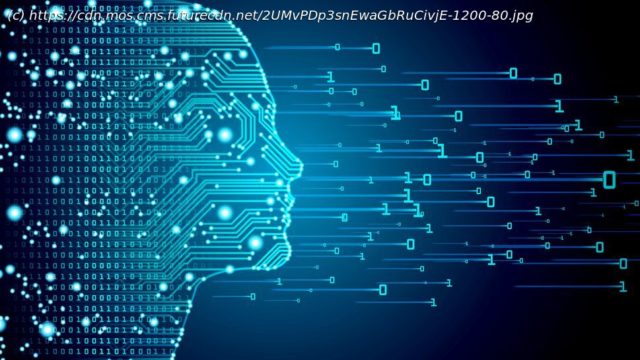Some of the most data-intensive tasks are rapidly being taken over by machines that can compute at faster and higher rates than people.
AI (opens in new tab) is revolutionizing cybersecurity (opens in new tab). From automatically detecting network irregularities, to deciding how best to allocate security (opens in new tab) defenses, some of the most data-intensive tasks are rapidly being taken over by machines that can compute at faster and higher rates than people. Cybercriminals however, know this. While AI has not been a major tool for attackers thus far, it has potential. Even now, the early examples of attackers using new, easily accessible open-source AI technology to create fake photos, videos and speech as part of phishing (opens in new tab) campaigns suggests a future where AI is widely used by criminals and nation-state cyber actors. But AI can be used for good too. Just as attackers will fold it into their attack methods, security researchers have spent years creating defensive applications for AI. This isn’t a “fight fire with fire” approach, though. AI-backed security doesn’t necessarily thwart AI-backed attacks, or vice versa. But what AI can bring to the table is to provide a broad boost in efficacy to cybersecurity products and services, helping organizations deflect, isolate or prevent attacks from an increasingly complex threat landscape. Until the past half decade or so, most cyber threat detection was performed using small, hand-written pattern matching programs called “signatures”. The widespread adoption of AI has changed this.






